The End of Ford Cars: What's in It for Us

Ford recently announced the elimination of the traditional car from its North American lineup. Within two or three model years, no four-door Ford will be available with a trunk. No Fusion, no Focus, no Fiesta, no Taurus. The demand-driven logic behind the decision is clear. Cars have declined from 35 percent of Ford sales as recently as 2012, to 23 percent last year.
The company does not report profitability by nameplate, but we can safely assume their declining contribution to net income has been even more dramatic. So Ford’s decision was predictable, if seemingly dispassionate. Less predictably, a relatively healthy automaker is executing a long-term strategic shift. In public. Before the market forced it to.
Herein lies the real story.
In the 1960’s Ford, along with other domestic automakers, ignored the fuel-sipping competition. In the 1970’s, again in lock step with its Detroit-based brethren, Ford reluctantly responded to rising demand for fuel-conscious vehicles with one unibody hatchback. OPEC eased up and so did Ford.
In the 1980’s the cycle repeated. But this time the Japanese manufacturers were here to stay and the domestics responded with somewhat more endearing fuel-conscious products. The consistent thread connecting generations in Detroit has been their unwillingness to read the trends and put the customer first. Examples abound, from their unwillingness to offer fuel-efficient vehicles, to resistance to seat belts and collapsible steering wheels, to disinterest in emissions reductions. Historically, automakers have altered their behavior only after the inexorable pressure of market forces or following a losing regulatory battle.
Against this background of hubris, Ford has emerged as a modern customer-focused enterprise, wise enough to make a multi-billion-dollar pivot, and confident enough to share its decision publically. Dearborn has been net income positive for nine consecutive years and generated $7.6 billion in net income last year. This is not a desperate company search of a path forward. And while the wisdom of eviscerating its North American car offerings is up for debate, its enduring focus on building cars and trucks that people want, and value is laudable. Ford is no longer a market maker, few if any automakers are. The difference is that Ford’s leadership understands this and has taken decisive action.
This decision will generate negative repercussions over the next decade or more. For example, what about Ford’s ability to attract first-time buyers? What if fuel prices spike unexpectedly? What about consumers who genuinely prefer a car? No strategic decision comes without risk. But resources are not boundless, and difficult decisions must be made. So, what if customers in the compact and midsize segments do not show loyalty at rates similar to buyers in other segments? What if a 25 or even a 50 percent increase in fuel prices does not significantly alter consumer behavior? We can be certain Ford has evaluated these questions and balanced the risks.
Perhaps most important, what if customers continue to pile into the significantly more profitable truck, SUV, and crossover segments but Ford has divided its investments across too many segments and lost its competitive advantage? These are the profitable sectors in the industry. They presently fund everything else the domestic manufacturers do. A financially fit Ford with competitive products in the hottest segments can continue to monitor trends and move with them. A Blue Oval with excellent products consumers don’t value will shed profitability and lose the ability to make forward-looking strategic investment decisions. A fading company becomes reactive and overly reliant on a small number of products (see FCA).
And let’s not lose sight of other another market force at work. Autonomous electrified transportation is around the corner. Automakers cannot afford to build product ranges that fight yesterday’s battles, they must look ahead. Today’s market entry point may not be tomorrow’s. A Fiesta or Focus may be replaced by a subscription. We may not even recognize today’s version of auto ownership in a decade.
Today’s Ford is a healthy, confident, customer-focused, future-oriented organization. And that’s the way I’d like to see it remain.
[Image: Ford Motor Company]

Twenty year auto industry professional. Currently CEO at Turbo International, the premier American manufacturer of OEM replacement turbochargers for the global aftermarket.
More by Seth Parks
Latest Car Reviews
Read moreLatest Product Reviews
Read moreRecent Comments
- Formula m How many Hyundai and Kia’s do not have the original engine block it left the factory with 10yrs prior?
- 1995 SC I will say that year 29 has been a little spendy on my car (Motor Mounts, Injectors and a Supercharger Service since it had to come off for the injectors, ABS Pump and the tool to cycle the valves to bleed the system, Front Calipers, rear pinion seal, transmission service with a new pan that has a drain, a gaggle of capacitors to fix the ride control module and a replacement amplifier for the stereo. Still needs an exhaust manifold gasket. The front end got serviced in year 28. On the plus side blank cassettes are increasingly easy to find so I have a solid collection of 90 minute playlists.
- MaintenanceCosts My own experiences with, well, maintenance costs:Chevy Bolt, ownership from new to 4.5 years, ~$400*Toyota Highlander Hybrid, ownership from 3.5 to 8 years, ~$2400BMW 335i Convertible, ownership from 11.5 to 13 years, ~$1200Acura Legend, ownership from 20 to 29 years, ~$11,500***Includes a new 12V battery and a set of wiper blades. In fairness, bigger bills for coolant and tire replacement are coming in year 5.**Includes replacement of all rubber parts, rebuild of entire suspension and steering system, and conversion of car to OEM 16" wheel set, among other things
- Jeff Tesla should not be allowed to call its system Full Self-Driving. Very dangerous and misleading.
- Slavuta America, the evil totalitarian police state



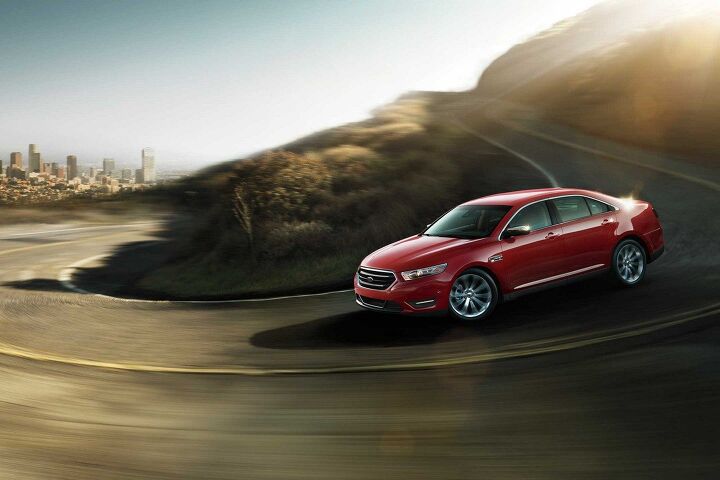















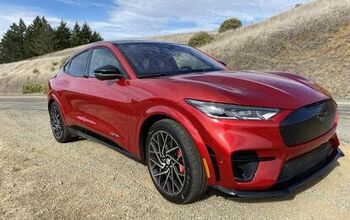
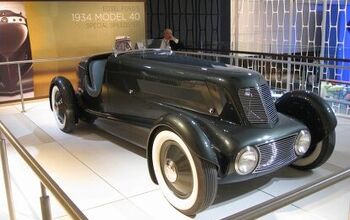

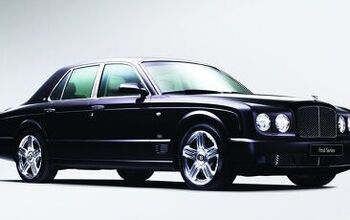
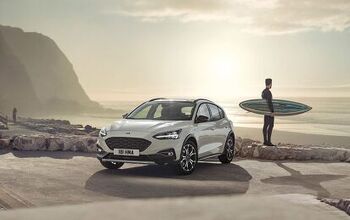



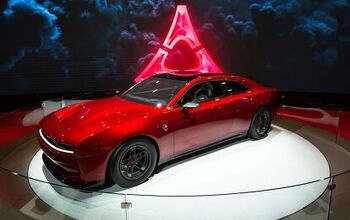






Comments
Join the conversation
I wish Ford well, I bear no animosity toward them. I am just not that interested in their vehicles except maybe the new upcoming Ranger and even then I might lean more toward the competition. I have had 2 Fords in the past that were good cars and a Mercury Lynx that was not so good. I am more likely to buy a Honda, GM, Toyota, Hyundai, Kia, or Nissan than another Ford. If I were buying a car the Fusion would be one I would consider but after driving a Focus I would not buy a Focus.
This was touched on in a couple of comments but I want to bring it front and center: Ford is still going to make sedans in other parts of the world. While I do scratch my head a little about ceding the market, only Ford knows what its margins are and that has to be the driver here. We've kind of seen this before, really, with the Ranger. Ford let the Ranger go when the margins vs. investment wasn't working for them but now that the market seems better it's coming back, albeit a couple years late. If they're smart, they'll learn from the decisions around the Ranger and whatever they have in the pipeline in Europe or China will be designed in such a way that they can be brought into the US with minimal changes in short order if the market pivots. Know when to hold 'em, know when to fold 'em, right?